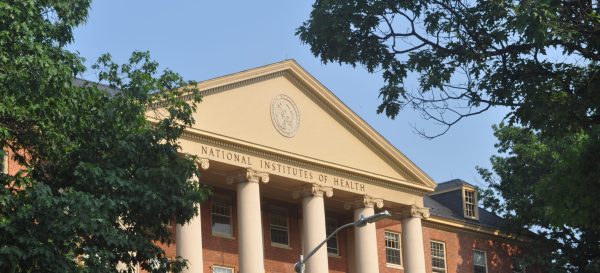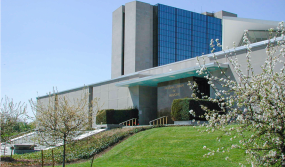NIH chief touts plans to ensure massive precision medicine study reflects U.S. population

Recruiting a volunteer pool that reflects the U.S. population is critical as the National Institutes of Health ramps up a massive 1 million-person research study to help doctors use data to better tailor treatments to their patients, Director Francis Collins said Wednesday.
Starting this summer, NIH plans to start enrolling people in its precision medicine cohort — through which it will gather patients’ electronic health records, genome sequencing, lab assessments and environmental exposure in the hopes it will give scientists a better grasp of factors associated with health and disease. But to reap the full benefits of this program, NIH must have a representative volunteer pool, Collins said.
“As we get into this, to be sure that the kind of data we collect is going to be generalizable to the population, we don’t want a set of individuals that are so different than the population at large that we can’t do that generalizing,” Collins told members of the House Appropriations Committee’s subcommittee on Labor, Health and Human Services, Education, and Related Agencies.
Echoing comments he made when the White House unveiled a spate of new Precision Medicine Initiative programs last month, Collins highlighted a pilot led by the Vanderbilt University and Verily, formerly known as Google Life Sciences, to study strategies for bringing in and engaging participants.
People will be able to volunteer for the study individually or can opt in through their health care provider organization if it is already running a cohort. He also said that NIH also would work with the Health Resources and Services Administration to recruit volunteers from “traditionally underrepresented groups” by reaching out to community health centers.
“We’ve never had anything like this before, and everyone who has heard about it is pretty excited about the kind of inferences we could learn from this,” Collins said of the study.
In its fiscal year 2017 budget request, the White House asked Congress to provide the Department of Health and Human Services with $309 million to scale up the Precision Medicine Initiative, a program unveiled last year to research methods of using data to tailor treatments to patients’ genes, environment and lifestyle. Of that, $300 million — a boost of $107 million over the prior fiscal year — would go to NIH to establish the research cohort.
During the hearing, the subcommittee’s senior Democrat Rep. Rosa DeLauro of Connecticut pressed the panel on a recent New York Times article that found that, even if women can receive genetic tests on breast cancer risk, doctors are not sure how to proceed with the data.
Dr. Doug Lowy, acting director of the National Cancer Institute, said the article highlighted the strengths and limitations with clinical tests.
“The genetic tests that we have can be enormously helpful in pointing people with cancer in the right direction in terms of treatment — but not for all of them,” he said. He added, “The problem is when you get an abnormality, not all of them are going to be actionable and not all of them are going to be responsive.”
Lawmakers also asked about NIH’s work on a range of diseases and issues like drug costs. DeLauro touted NIH’s work to fight the Ebola virus in 2014 and its ongoing efforts in the looming Zika crisis, “which poses an urgent and serious threat” to pregnant women, she said.
During his opening statement, Collins reflected on his nearly seven years as NIH chief and laid out 10 areas the public should expect major medical progress — provided funding levels remain consistent. One prediction was that the use of precision medicine techniques will be more widespread, thanks in large part to the national research cohort.
“The willingness of these participants to share a wide variety of their health-related information will ensure that major new insights emerge and Americans from all walks of life will be healthier than ever 10 year from now,” he said.
Contact the reporter on this story via email Whitney.Wyckoff@fedscoop.com, or follow her on Twitter @whitneywyckoff. Sign up for all the federal IT news you need in your inbox every morning at 6:00 here: fdscp.com/sign-me-on.






